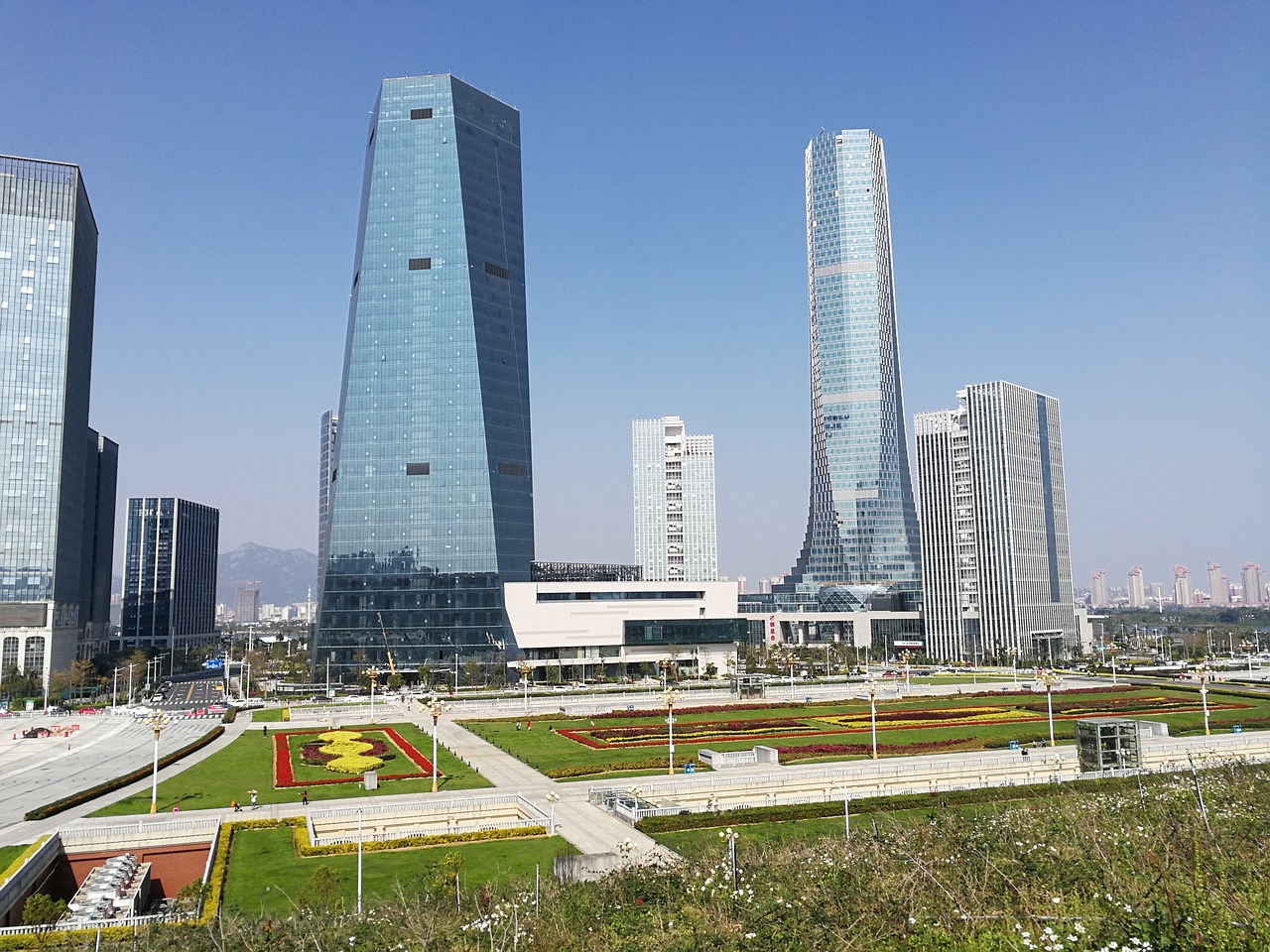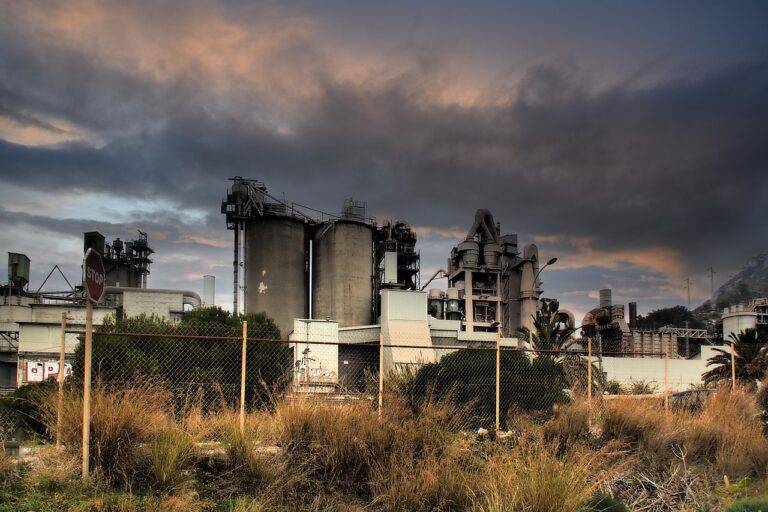The Economics of Organic Livestock Farming: Sky exch, World 777 com login, Gold bet
sky exch, world 777 com login, gold bet: Organic livestock farming has been gaining popularity in recent years as consumers become more conscious about the food they eat and the impact it has on the environment. But what exactly is organic livestock farming, and how does it differ from conventional methods? In this article, we will delve into the economics of organic livestock farming and explore the benefits and challenges associated with this sustainable agricultural practice.
What is Organic Livestock Farming?
Organic livestock farming is a method of raising animals that focuses on providing them with a natural and healthy environment. This means that organic livestock farmers do not use synthetic pesticides, antibiotics, or genetically modified organisms in their animals’ feed. Instead, they rely on natural methods such as crop rotation, pasture-based grazing, and composting to keep their animals healthy and promote sustainable farming practices.
Organic livestock farmers also prioritize animal welfare, providing their animals with ample space to move around, access to fresh air and sunlight, and a diet that is free from harmful chemicals. By focusing on the health and well-being of their animals, organic livestock farmers aim to produce high-quality, nutrient-dense meat, milk, and eggs that are free from harmful additives and chemicals.
The Economics of Organic Livestock Farming
While organic livestock farming offers numerous benefits in terms of environmental sustainability and animal welfare, it also comes with its own set of economic challenges. One of the main challenges facing organic livestock farmers is the higher cost of production compared to conventional methods. Organic feed, veterinary care, and certification fees can all add up, making it more expensive to raise organic livestock.
Additionally, organic livestock farmers often face lower yields and slower growth rates compared to conventional methods, as they rely on natural processes to promote animal health and growth. This means that organic livestock farmers may need to charge higher prices for their products to cover their production costs and make a profit.
Despite these challenges, there are also significant economic benefits to organic livestock farming. For example, organic meat, milk, and eggs command a premium in the marketplace, as consumers are willing to pay more for products that are produced using sustainable and humane methods. This can help organic livestock farmers offset their higher production costs and increase their profitability.
Organic livestock farming also offers farmers opportunities to diversify their income streams through value-added products such as organic cheese, yogurt, and charcuterie. By processing and selling these products directly to consumers, organic livestock farmers can capture more of the value chain and increase their profits.
Overall, the economics of organic livestock farming are complex and multifaceted. While there are challenges associated with higher production costs and lower yields, there are also opportunities for organic livestock farmers to differentiate themselves in the marketplace, command premium prices, and build a loyal customer base.
Key Considerations for Organic Livestock Farmers
Aspiring organic livestock farmers should carefully consider the following key considerations before embarking on their farming journey:
1. Certification: In order to sell organic meat, milk, and eggs, farmers must obtain organic certification from a recognized certifying body. This process can be time-consuming and expensive, so farmers should budget accordingly and ensure that they meet all organic certification requirements.
2. Marketing: Organic livestock farmers must develop a solid marketing strategy to reach consumers who are willing to pay a premium for organic products. This may involve selling products at farmers’ markets, through online channels, or to restaurants and specialty food stores.
3. Production Costs: Farmers should carefully assess their production costs and pricing strategies to ensure that they can cover their expenses and make a profit. This may involve keeping meticulous records of expenses and sales, as well as monitoring market trends and consumer preferences.
4. Animal Welfare: Organic livestock farmers must prioritize animal welfare in their farming practices, providing their animals with a healthy and natural environment to thrive. This may involve implementing rotational grazing, providing access to pasture, and using natural remedies for common animal ailments.
5. Sustainability: Organic livestock farmers should also consider the environmental impact of their farming practices and strive to minimize their carbon footprint. This may involve implementing water conservation measures, reducing waste, and promoting biodiversity on their farm.
Frequently Asked Questions
Q: Are organic livestock products more expensive than conventional products?
A: Yes, organic livestock products are typically more expensive than conventional products due to higher production costs and certification fees. However, many consumers are willing to pay a premium for organic products that are produced using sustainable and humane methods.
Q: How can I find organic livestock products in my area?
A: You can find organic livestock products at farmers’ markets, specialty food stores, and online retailers. You can also connect with local organic farmers through community-supported agriculture (CSA) programs or by visiting their farms directly.
Q: Are organic livestock products healthier than conventional products?
A: Organic livestock products are free from synthetic pesticides, antibiotics, and genetically modified organisms, making them a healthier choice for consumers. Organic products also tend to be higher in nutrients and free from harmful additives and chemicals.
Q: What are the environmental benefits of organic livestock farming?
A: Organic livestock farming promotes sustainable farming practices such as crop rotation, pasture-based grazing, and composting, which help to reduce soil erosion, conserve water, and promote biodiversity. By minimizing the use of synthetic inputs, organic livestock farming also helps to reduce greenhouse gas emissions and promote a healthier ecosystem.
In conclusion, organic livestock farming offers a sustainable and ethical alternative to conventional farming practices, with economic benefits for farmers who are willing to invest in sustainable agriculture. While organic livestock farming presents its own set of challenges, the potential rewards in terms of premium pricing, consumer loyalty, and environmental sustainability make it a worthwhile endeavor for farmers looking to make a positive impact on the food system.







